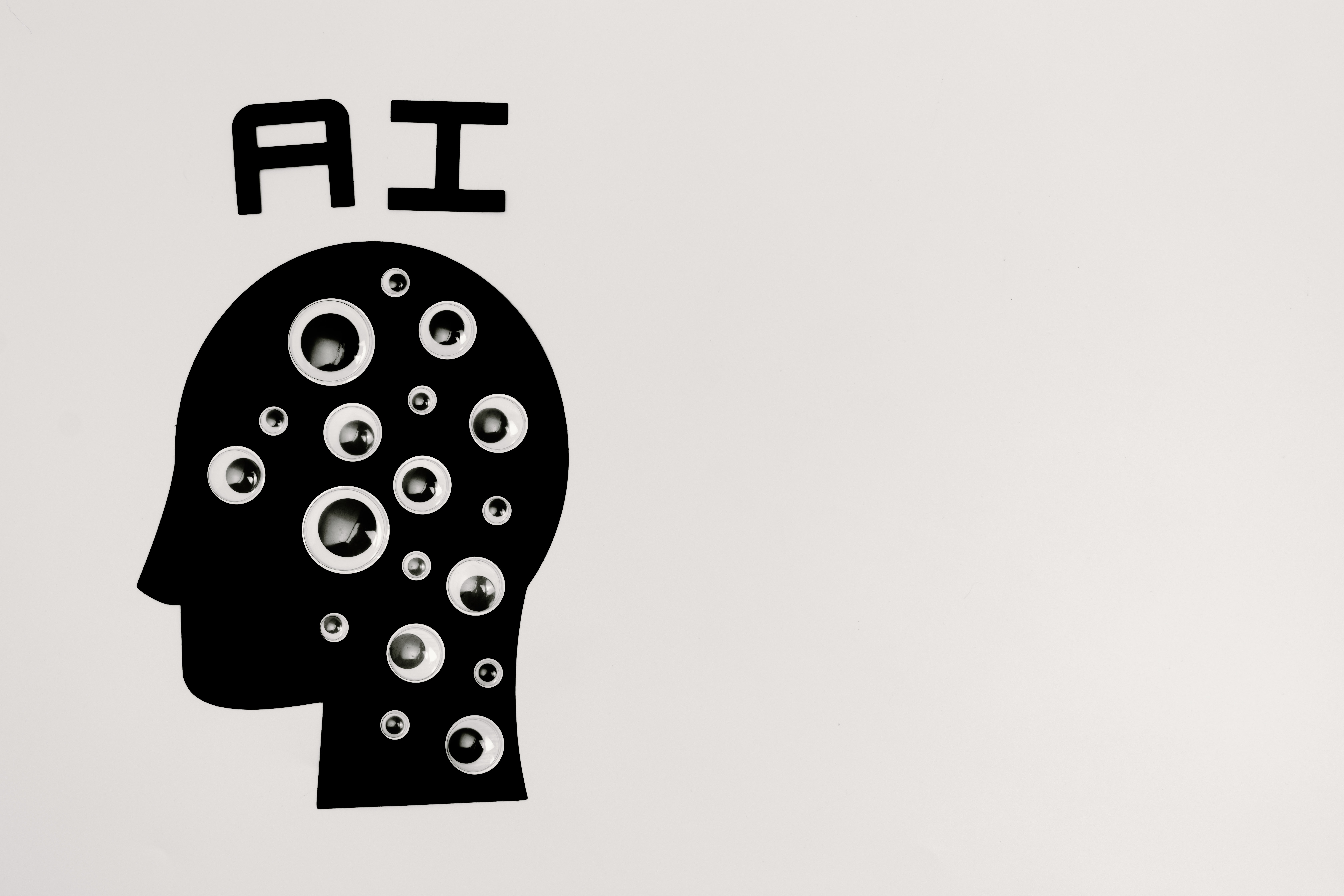How India Uses AI In Businesses

Author: Ricardo Goulart Oct. 20, 2023
AI adoption in Indian businesses is on a steady rise, finding diverse applications across numerous sectors, including healthcare, retail, agriculture, finance, and many more. Although we are currently unable to provide precise adoption rate statistics, the general trend indicates significant AI integration especially within the industrial products and manufacturing sector.
AI in Indian Business: An Overview
AI is utilized in Indian businesses to enhance productivity, streamline operations, and create personalized customer experiences. Over the past two years, AI adoption in Indian businesses primarily within the manufacturing and industrial products sector has increased significantly.
Despite certain hurdles in seamless AI adoption, such as a lack of strategy and skills, advancements in digitalization and cloud technology have been recognized as strong drivers in overcoming such challenges. Organizations continue to invest heavily in digital-first business models to build agility, resilience, and scalability, supporting their AI integration efforts.
Industrial AI Application: Case Studies in Indian Retail
Indian retail brands are leveraging AI to generate personalized recommendations, optimize inventory management, and devise effective pricing strategies, consequently delivering enhanced customer satisfaction and driving sales. Demand forecasting is another prominent use of AI, helping retailers predict customer demand accurately, streamline supply chain management, and avoid overstocking and stock-out situations.
The implementation of AI-powered chatbots proves useful in providing escalated customer support levels. Operating round the clock, these AI chatbots offer prompt customer service leading to enhanced customer satisfaction at reduced customer service overheads.
On the back end, analyzing consumer behavior and preferences employing AI- algorithms enables retail brands to create tailored marketing campaigns and offer targeted products and promotions. This not only drives customer loyalty but also significantly stimulates sales.
AI-enabled fraud detection in online transactions identifies anomalies, flags suspicious transactions allowing proactive measures to ensure secure shopping experiences deliver a multitude of benefits for both retailers and customers.
The Potential Economic Impact of AI
AI could potentially increase productivity through automation, create new job opportunities, enhance healthcare, promote economic empowerment through financial inclusion, support the development of smart cities, and drive fresh avenues of innovation and entrepreneurship.
Specifically, the adoption of AI technologies in healthcare could improve patient outcomes, reduce costs, and enhance healthcare accessibility. AI's application in agriculture can optimize crop yield, resource management, and elevate farming practices. Manufacturing is benefitting from AI integration, with AI-powered robotics and automation increasing productivity, enhancing efficiency, and quality control. Despite the concerns of job loss due to automation, AI could create new job opportunities, particularly in AI-related areas.
The Challenges and Potential Solutions
Nonetheless, challenges persist in the integration of AI in businesses. Mainly, organizations face a lack of an effective strategy and the necessary skills required for smooth AI integration. There is a definite need for a strategic approach that can consider the specifics of the industry, the scale of the company, and the customer base while implementing AI-driven solutions. Similarly, building technical skills and competencies among the workforce can facilitate the effective deployment and utilization of AI.
Indian businesses will also need to focus on privacy concerns, data protection, and cybersecurity as they venture into building AI capabilities. A strong regulatory framework that addresses these concerns can play a key part in making AI adoption more widespread.
Conclusion
AI's integration in Indian businesses can provide a significant boost to productivity, drive economic growth, and create new market opportunities. Even though there are challenges, the overall trend suggests that Indian businesses are proactively adopting AI and its applications. Indeed, they play a pivotal role in digitizing their operations and contributing to the global AI revolution.
From Chip War To Cloud War: The Next Frontier In Global Tech Competition
The global chip war, characterized by intense competition among nations and corporations for supremacy in semiconductor ... Read more
The High Stakes Of Tech Regulation: Security Risks And Market Dynamics
The influence of tech giants in the global economy continues to grow, raising crucial questions about how to balance sec... Read more
The Tyranny Of Instagram Interiors: Why It's Time To Break Free From Algorithm-Driven Aesthetics
Instagram has become a dominant force in shaping interior design trends, offering a seemingly endless stream of inspirat... Read more
The Data Crunch In AI: Strategies For Sustainability
Exploring solutions to the imminent exhaustion of internet data for AI training.As the artificial intelligence (AI) indu... Read more
Google Abandons Four-Year Effort To Remove Cookies From Chrome Browser
After four years of dedicated effort, Google has decided to abandon its plan to remove third-party cookies from its Chro... Read more
LinkedIn Embraces AI And Gamification To Drive User Engagement And Revenue
In an effort to tackle slowing revenue growth and enhance user engagement, LinkedIn is turning to artificial intelligenc... Read more

